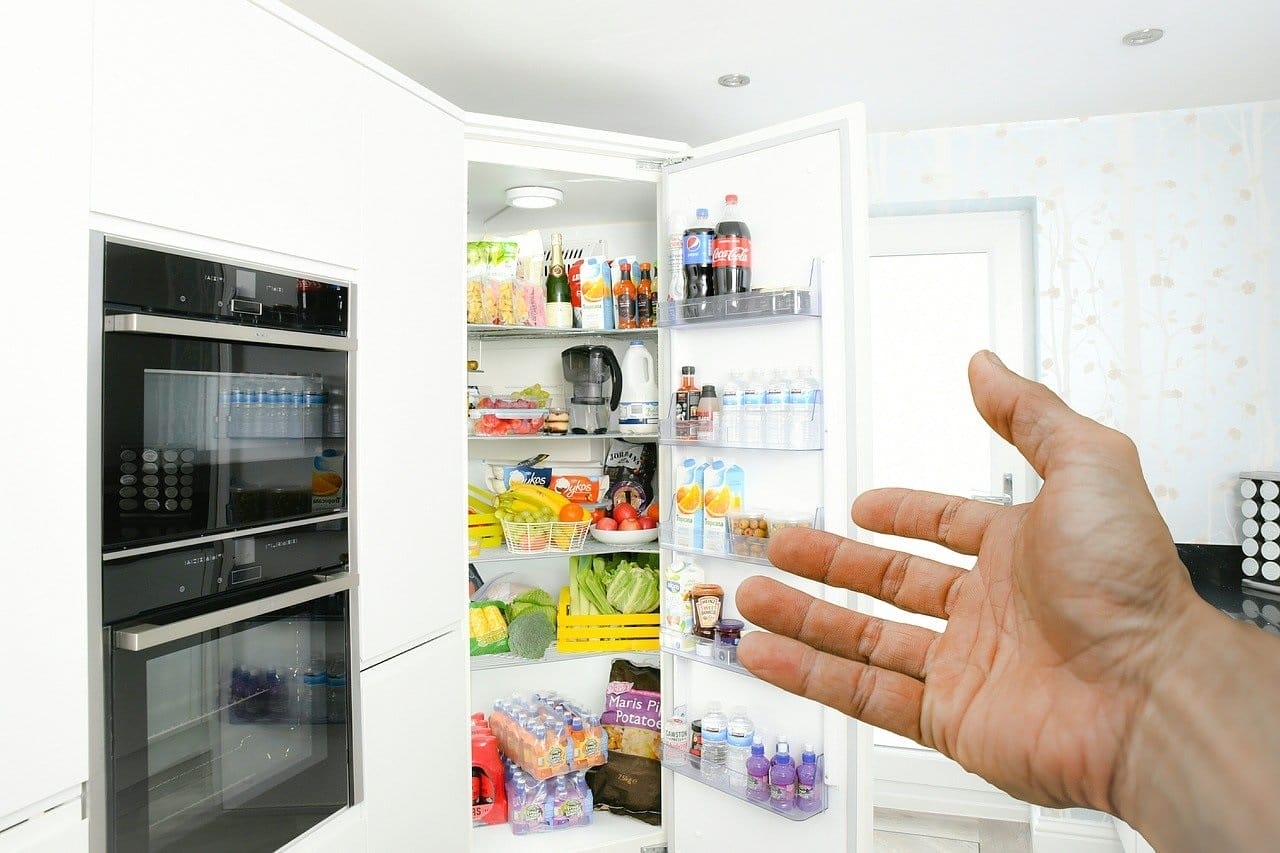A well-organized kitchen is essential for stress-free cooking and meal preparation. In Nigerian homes, where space constraints, power outages, and busy schedules can be challenging, an efficiently arranged kitchen can make a huge difference. Whether you have a large or small kitchen, organizing it properly can save time, reduce food waste, and improve overall functionality.
In this guide, we will explore practical and effective ways to organize your kitchen for maximum efficiency.
1. Declutter Your Kitchen: Get Rid of What You Don’t Need
The first step to an organized kitchen is decluttering. Over time, we accumulate kitchen items that we rarely use, taking up valuable space. It’s time to let go of expired food, broken utensils, and appliances you haven’t used in over a year.
How to Declutter Effectively
- Sort through your pantry: Check for expired or stale food items and dispose of them.
- Assess your utensils and cookware: Donate or discard duplicate or damaged items.
- Minimize gadgets: If you have kitchen appliances that serve the same purpose, keep only the most efficient one.
Pro Tip: Adopt the one-in, one-out rule—for every new item you bring into your kitchen, remove one old item to maintain balance.
2. Optimize Kitchen Storage Space
Storage space is one of the biggest challenges in many Nigerian kitchens, especially in apartments with small kitchen areas. Maximizing storage efficiently ensures that everything has its place, making it easier to find what you need.
Storage Hacks to Try
- Use Vertical Space: Install shelves or wall-mounted racks for storing spices, cooking utensils, and small kitchen tools.
- Drawer Dividers: These help organize cutlery, measuring spoons, and other small items, preventing clutter.
- Stackable Containers: Transparent, stackable storage containers are great for organizing dry food items like rice, beans, and flour while saving space.
- Hanging Hooks: Attach hooks under cabinets or on walls to hang mugs, ladles, and frying pans.
- Label Everything: Labeling food containers prevents confusion and makes grocery restocking easier.
3. Organize Your Pantry for Easy Access
A messy pantry leads to food wastage and difficulty in meal planning. Proper pantry organization makes it easier to track what you have and avoid buying unnecessary items.
Pantry Organization Tips
- Group similar items together: Store grains (rice, beans, garri) in one section, spices in another, and canned goods in a separate area.
- Use airtight containers: Prevent insect infestation and maintain freshness by storing dry goods in sealed containers.
- Rotate stock: Place newer groceries behind older ones to ensure you use the oldest items first.
- Create a shopping list station: Keep a notepad or whiteboard nearby to jot down items that need restocking.
4. Create Dedicated Zones in Your Kitchen
Dividing your kitchen into functional zones can significantly improve efficiency. This method allows you to move seamlessly while cooking.
Essential Kitchen Zones
- Cooking Zone: Keep cooking utensils, pots, and pans near the stove for easy access.
- Preparation Zone: This should be close to your cutting board and knives, with easy access to ingredients.
- Cleaning Zone: Store dishwashing soap, sponges, and waste bins near the sink for quick cleanup.
- Storage Zone: Use cabinets and shelves for food storage, making sure everything is labeled.
Pro Tip: Arrange items based on how frequently you use them. Everyday items should be within easy reach, while rarely used appliances can be stored in higher cabinets.
5. Smart Refrigerator Organization
A cluttered fridge leads to food waste, as items get lost and forgotten. A well-organized refrigerator ensures that food stays fresh and is easily accessible.
How to Organize Your Refrigerator Efficiently
- Keep dairy products and leftovers on the top shelf for easy visibility.
- Store fruits and vegetables in designated crisper drawers to maintain freshness.
- Use clear storage bins to group similar items, such as condiments and beverages.
- Avoid overpacking the fridge to allow proper air circulation and cooling.
- Label leftovers and cooked meals with dates to track freshness.
6. Keep Countertops Clutter-Free
A cluttered countertop makes the kitchen look messy and reduces workspace efficiency. Keeping countertops clear helps with easier meal preparation and cleaning.
How to Maintain a Clutter-Free Countertop
- Limit items on the counter: Only keep essentials like a blender, electric kettle, or microwave.
- Use wall-mounted racks: Store commonly used items, like knives and spices, on the wall instead of the counter.
- Store utensils in drawers: Avoid piling too many items in a single space.
- Clean as you go: Wipe spills immediately and put things back after use.
Pro Tip: Keep a small decorative tray for frequently used items like salt, pepper, and cooking oil to keep them organized without cluttering the counter.
7. Adopt a Cleaning Routine for Easy Maintenance
An organized kitchen is not just about arranging items; keeping it clean is equally important. Regular cleaning prevents dirt buildup, pest infestations, and bad odors.
Daily Cleaning Habits:
- Wash dishes immediately after meals.
- Wipe down countertops, stove, and sink after cooking.
- Sweep and mop the floor to prevent grease and food residue buildup.
Weekly Cleaning Routine
- Deep clean the stove and exhaust hood.
- Wipe down refrigerator shelves and discard expired food.
- Organize pantry and storage cabinets.
Pro Tip: Use natural cleaners like vinegar and baking soda to remove stubborn stains and odors.
8. Invest in Space-Saving Kitchen Gadgets
Space-saving appliances help reduce clutter while improving efficiency. In small Nigerian kitchens, compact and multi-purpose gadgets work best.
Recommended Space-Saving Kitchen Tools:
- Collapsible storage containers for compact stacking.
- Magnetic spice racks to save shelf space.
- Foldable dish drying rack to reduce counter clutter.
- Stackable pots and pans for efficient cabinet storage.
Conclusion
Organizing your kitchen for maximum efficiency is not just about tidiness; it’s about creating a functional space that makes cooking faster, easier, and more enjoyable. By decluttering, optimizing storage, creating functional zones, and maintaining a cleaning routine, you can transform your kitchen into a stress-free and highly efficient work space.
Key Takeaways:
- Declutter regularly to remove unnecessary items.
- Maximize storage with shelves, hooks, and stackable containers.
- Organize pantry and fridge for easy access.
- Keep countertops clear to maintain workspace efficiency.
- Invest in space-saving gadgets for better functionality.
With these smart kitchen organization tips, you can enjoy faster meal prep, a cleaner environment, and a stress-free cooking experience.







